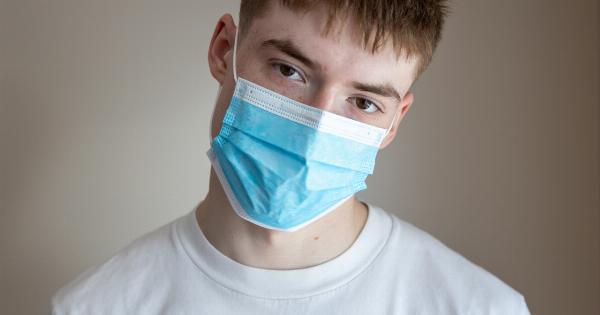Alcohol is a commonly used substance in many over-the-counter and prescription medications.
While it plays an important role in certain medications, it can be harmful to people with alcohol sensitivities or those who are taking multiple medications that contain alcohol. In this article, we’ll explore the amount of alcohol found in some common medications, how it can affect individuals, and what they should do if they think it may be impacting their health.
The Role of Alcohol in Medications
Alcohol has long been used as a solvent in the production of medications. It helps to dissolve various active ingredients and deliver them more efficiently to the body.
In addition, it can act as a preservative, increasing the shelf life of many medications.
Alcohol is also sometimes used in medications as an active ingredient. For example, rubbing alcohol is used as an antiseptic to clean wounds and kill bacteria.
Certain cough and cold medications also contain alcohol as a cough suppressant, due to its ability to relax muscles and ease respiratory symptoms.
How Much Alcohol is in Common Medications?
The amount of alcohol in medications can vary widely, from very little to a significant amount. In general, over-the-counter medications tend to contain less alcohol than prescription medications.
However, even small amounts of alcohol can be significant for individuals who are sensitive to it or who are taking multiple medications that contain alcohol.
Here are some examples of common medications and their alcohol content:.
1. NyQuil
NyQuil is a popular cold and flu medication that contains 10% alcohol. This means that a 30ml dose of NyQuil contains about 0.03ml of alcohol.
2. Benadryl
Benadryl is an antihistamine used to treat allergies that contains 0.1% alcohol. A standard dose of Benadryl contains about 0.001ml of alcohol.
3. Zoloft
Zoloft is an antidepressant that contains 12% alcohol. A standard dose of Zoloft contains about 0.06ml of alcohol.
4. Claritin-D
Claritin-D is a combination medication used to treat allergies and congestion that contains 0.1% alcohol. A standard dose of Claritin-D contains about 0.001ml of alcohol.
The Effects of Alcohol in Medications
For most people, the amount of alcohol in common medications is unlikely to cause any significant harm. However, for some individuals, even small amounts of alcohol can cause adverse reactions.
People who are sensitive to alcohol may experience symptoms like nausea, headaches, or dizziness when taking medications that contain alcohol.
In addition, people who are taking multiple medications that contain alcohol may be at risk of alcohol toxicity, as the combined amount of alcohol may be enough to cause problems.
Finally, people who are recovering from alcoholism or who are trying to abstain from alcohol for any reason may find it difficult to take medications that contain alcohol, and may need to seek alternatives.
Safe Medication Use
If you are concerned about the amount of alcohol in your medications, there are some steps you can take to reduce your risk:.
1. Talk to Your Doctor or Pharmacist
If you are taking multiple medications, or if you have any concerns about the alcohol content in your medications, talk to your doctor or pharmacist. They can help you determine if there are alternative medications that don’t contain alcohol.
2. Read Medication Labels Carefully
Always read the labels on your medications carefully, paying special attention to the alcohol content. If you have any questions or concerns, contact your doctor or pharmacist before taking the medication.
3. Avoid Mixing Alcohol with Medications
It’s important to avoid drinking alcohol while you are taking medications that contain alcohol, as this can increase your risk of adverse effects.
By taking these steps, you can help ensure that you are using medications safely and minimizing your risk of any adverse effects related to alcohol content.






























